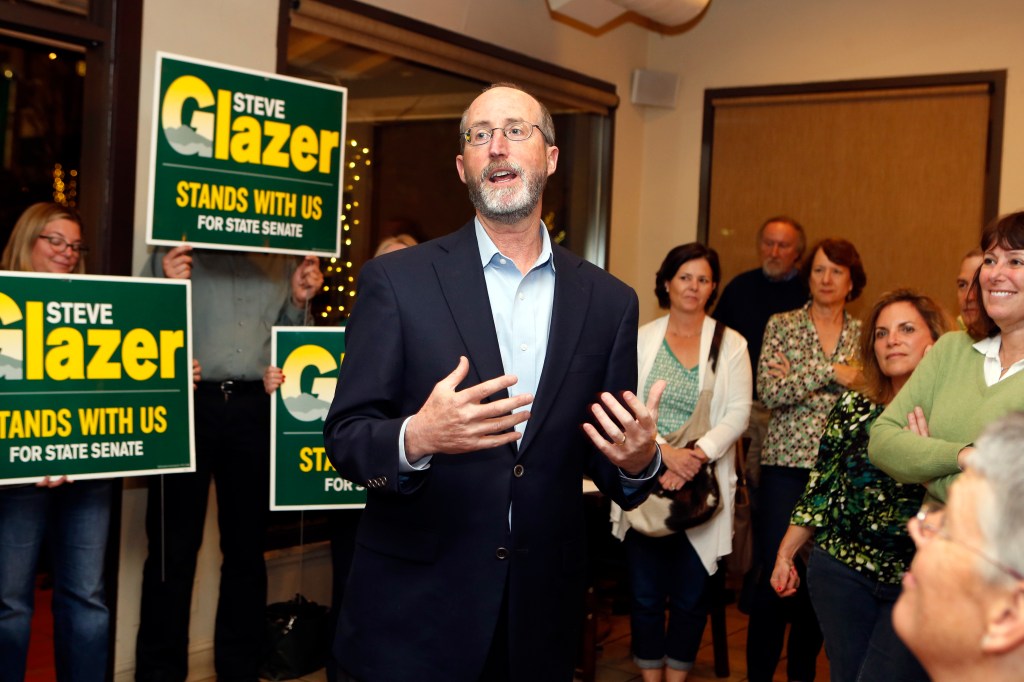macsound
Well-Known Member
Just saw this article even though it went into effect Jan 1 2020 I believe.
The law is supposed to be for gig workers like Uber, Lyft and Door Dash, forcing their employers to treat them as employees.
The consequence is other "gig" based jobs like theatre and trucking are affected negatively, because they don't want to be employees.
This is especially concerning as a local company that I worked with for many years is closing its doors after 59 years, Contra Costa Musical Theatre, because they "pay" their cast a stipend and send them 1099s.
Seems like there are other companies closing their doors like music festivals, that even local police, contracted for the day to cover the festival, would be required to become employees for the 1 day.
Any other states have bills like this or California theatres being affected?
AB5’s drafters tried to fix some of the problems for freelance workers that the state Supreme Court’s decision caused by exempting more than 50 professions and types of businesses from the bill. Theater companies were not among those exemptions.
“I’m very concerned about the effects of the Dynamex court decision on small community theaters,” said state Sen. Steve Glazer, D-Orinda. “It’s possible to protect people from workplace exploitation without preventing people from working independently if that is what they want to do. Community theater actors and crew often fit that description, and they should be free to work as independent contractors if that’s how they prefer to practice their craft.”
While some theater companies were able to make adjustments to their seasons and budgets, AB5 was the last straw for others in a never-ending struggle to make ends meet. Such was the case for Contra Costa Musical Theater (CCMT). Managing Director Danny Boyle announced in a Feb. 26 email that the 59-year-old community theater group would go dark at the end of February.
Some links:

 www.eastbaytimes.com
www.eastbaytimes.com

 www.thecoastnews.com
www.thecoastnews.com

 www.latimes.com
www.latimes.com
The law is supposed to be for gig workers like Uber, Lyft and Door Dash, forcing their employers to treat them as employees.
The consequence is other "gig" based jobs like theatre and trucking are affected negatively, because they don't want to be employees.
This is especially concerning as a local company that I worked with for many years is closing its doors after 59 years, Contra Costa Musical Theatre, because they "pay" their cast a stipend and send them 1099s.
Seems like there are other companies closing their doors like music festivals, that even local police, contracted for the day to cover the festival, would be required to become employees for the 1 day.
Any other states have bills like this or California theatres being affected?
AB5’s drafters tried to fix some of the problems for freelance workers that the state Supreme Court’s decision caused by exempting more than 50 professions and types of businesses from the bill. Theater companies were not among those exemptions.
“I’m very concerned about the effects of the Dynamex court decision on small community theaters,” said state Sen. Steve Glazer, D-Orinda. “It’s possible to protect people from workplace exploitation without preventing people from working independently if that is what they want to do. Community theater actors and crew often fit that description, and they should be free to work as independent contractors if that’s how they prefer to practice their craft.”
While some theater companies were able to make adjustments to their seasons and budgets, AB5 was the last straw for others in a never-ending struggle to make ends meet. Such was the case for Contra Costa Musical Theater (CCMT). Managing Director Danny Boyle announced in a Feb. 26 email that the 59-year-old community theater group would go dark at the end of February.
Some links:

East Bay theater community struggling under new ‘gig-economy’ law
State Sen. Steve Glazer, D-Orinda, looking for a way to save area stages from the harmful effects of California Assembly Bill 5 while still protecting workers.
 www.eastbaytimes.com
www.eastbaytimes.com

The Coast News Group
Your community. Your newspaper. Covers Camp Pendleton, Oceanside, Carlsbad, Encinitas, Solana Beach, Del Mar, Carmel Valley, Rancho Santa Fe, Escondido, San Marcos & Vista.
 www.thecoastnews.com
www.thecoastnews.com

The AB5 backlash: Singers, actors, dancers, theaters sound off on freelance law
To learn more about AB5’s effect on California's arts community, The Times asked readers to write in. More than 100 of you did.
Executive Director's Note - Feb. 12: Emergency Funding for AB5 - Theatre Bay Area
Your one-stop shop for auditions, job listings, grants, discount tickets, and professional training opportunities in the San Francisco Bay Area.
www.theatrebayarea.org






